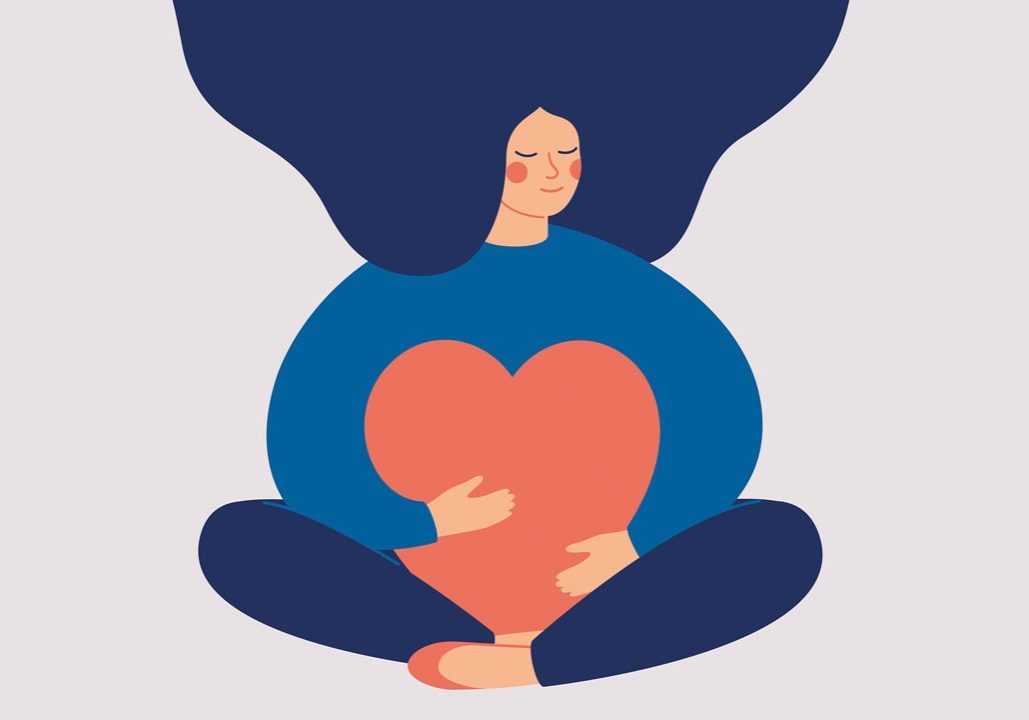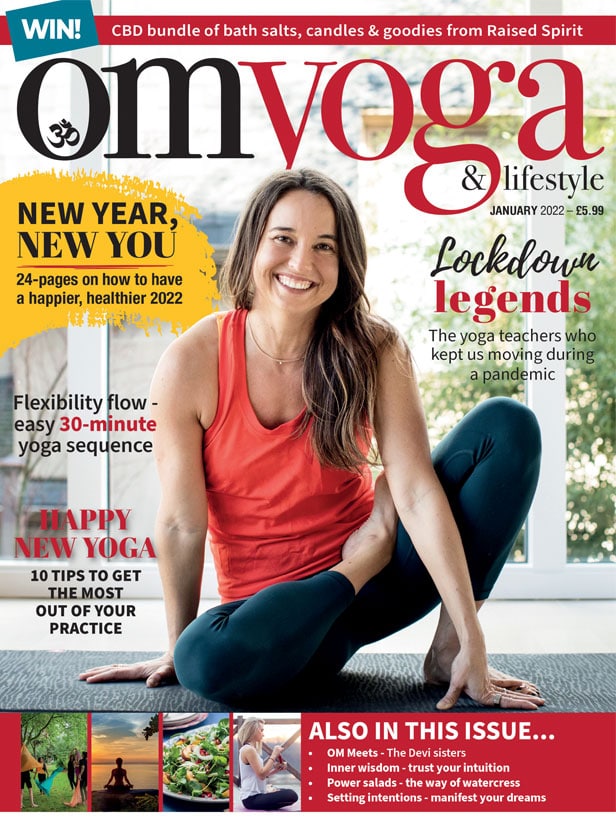
Living the teachings — understanding yoga’s everyday meanings
AHIMSA: the practice of kindness
The yamas and niyamas provide a simple set of practical, ethical guidelines when following the yogic path. The first yama, ‘ahimsa’, broadly translates to being against harm; the basic act of being kind, not just to others, but to ourselves in our thoughts, deeds and actions.
A lovely quote that captures this is by the Dalai Lama: “My religion is very simple. My religion is kindness”. This reminds us that when kindness is a part of your life, starting with yourself, then others around you experience the good that follows too.
So how does this translate into our everyday lives? Ahimsa reminds us not to be so hard on ourselves when faced with the inevitable challenges that life brings. It is about accepting we are human, not perfect beings, and that we all make mistakes.
Where possible, try and find balance in your life. We all know how easy it is to be less than your ideal self when sleep deprived, overworked or when we have drunk too much or not eaten well for a period of time. Ahimsa reminds us that balance creates harmony and, once again, that harmony is then shared by others around us.
When we are triggered in everyday life, try to respond with ahimsa (compassion). Catch yourself when any negative thoughts come to mind. Ask yourself: “Would I say this to those closest to me?” If not, don’t say it to yourself either. Remember, the way you speak to yourself becomes the way you speak to others.
In terms of kindness to others, by all means be kind…but avoid thinking you know best or over-helping, as this can actually be disempowering. Ahimsa tells us to have faith in the other person, don’t feel pity; trust that they can find their own solutions to their issues with your support.
In yoga, ahimsa also tells us that our practice on the mat should be about being kind to ourselves too. This does not mean you can’t challenge yourself, but whilst doing so, listen deep within, connect and try and find peace, avoiding any harm to yourself. When practicing alone, choose postures that match where you are physically, mentally and emotionally that day, a true act of kindness to self that then may spread out and touch the lives of others.
Sue Pugh is a yoga teacher and founder of vitabonayoga.com and yogainspecialplaces.com




